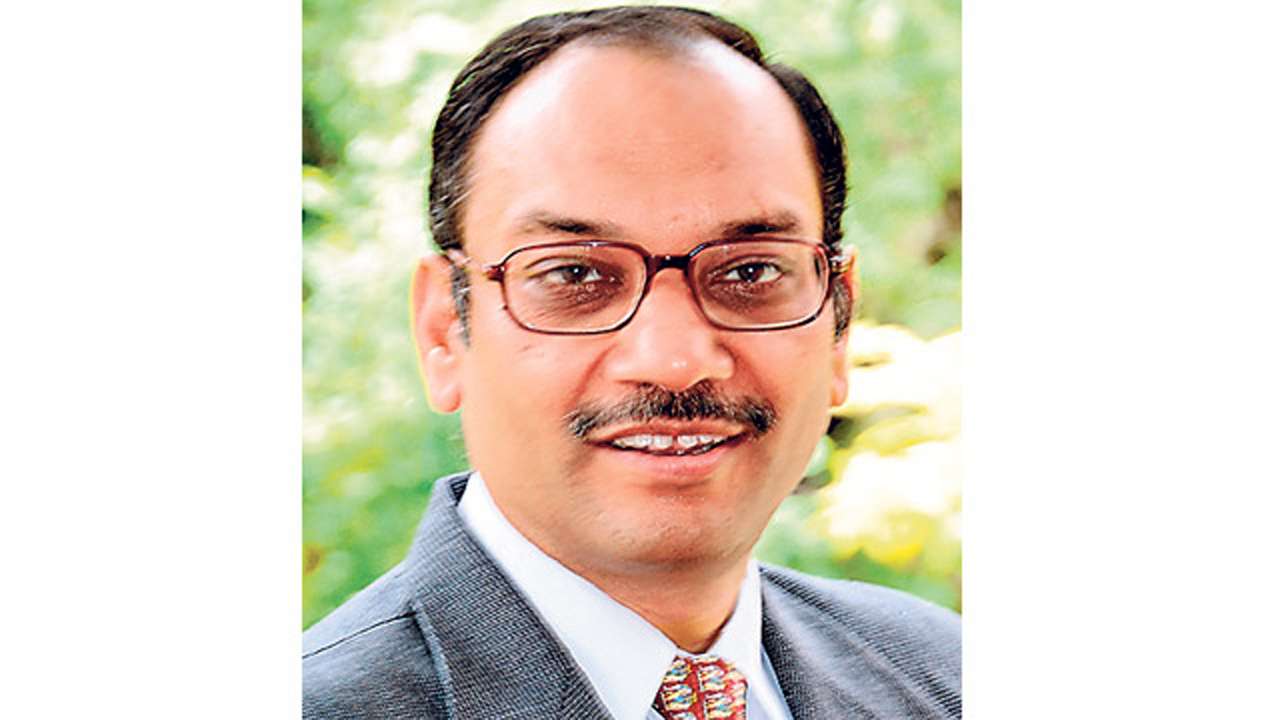
Last month, the World Bank’s chief economist Paul Romer had to quit just after a little less than one and a half years at the position and much before his tenure was going to be completed in 2020.
For some time he had been facing difficult issues at the job, particularly relating to his abrasive nature of working which left many of his peers and colleagues miffed.
It is not that everybody has a sweet-natured and amiable boss or colleague to enjoy working or at least continue working. It is typically rather rude and discourteous behaviour, often laced with condescending attitude, which many a time makes it impossible for a person to continue in the position, until and unless the person has all the power to behave in a dictatorial manner and get away with it.
Romer had been unpopular at the World Bank primarily for his outspoken nature and often making unsubstantiated statements. The ultimate statement which might have cost him his job had been regarding fabricated data relating to the ranking of different countries on the ease of doing business index. He haughtily had stated that World Bank economists did not care about the veracity of the numbers which were at times stated in different reports and presentations, and that there were rather no proven methods to vindicate the reliability of those numbers.
He was particularly talking about the global ranking of Chile and how political leanings of his fellow economists at the World Bank had for the last several years ranked it much lower than it should have been, all by playing with numbers in an arbitrary manner. Later, he disavowed his statement. But, the damage had been done, both for him and for the highly regarded World Bank.
Unlike scientists, who require rigorous analysis and proving a hypothesis beyond doubt, economists need not do so. This is very well established and quite acceptable in the socio-political and economic fraternity. It is not possible fundamentally to do as scientists do as there are numerous assumptions on which subjectivity is pushed towards objectivity using certain numbers. The assignment of any numerical value to a subjective criterion is itself a matter of exercise of discretion, and, hence, even infinitesimal subjectivity can make all the difference in the final ranking.
Having a basic understanding of how economic institutions function and compile different data to come up with a ranking, any reasonable and prudent person would not complain on the ground that discretion has been exercised in subjective matters. However, Romer’s allegation that while collecting the data, several responsible persons did not even bother to verify the numbers creates confusion and erodes confidence in the working of the institution.
Even if the allegations are not proved as per the requirements of the jurisdiction’s evidence law, at least seeds of doubts have been sown. Simply by making Romer leave the World Bank, the institution will not be able to have the same level of confidence of the people and will, in all probability, need to immediately undertake an image building exercise.
Questions have been raised by opposition parties in India and the perpetual cynics as to how the ranking of India in the doing business index can move up so fast from 130 to 100 for the year 2018. If there is some merit in what Romer is talking about, who knows that there might have been certain political leaning towards India which pushed the country in the top-100 club in the global index. We, in India, would not like to believe that.
India, currently, is on the cusp of moving in the direction of high economic growth and becoming a favourite destination to attract foreign investment. Any doubts about the numbers which led to the ranking being increased must be laid to rest. It is pertinent for the World Bank to conduct a thorough enquiry into the allegations and clear the air. The credibility of the institution is at stake. The sooner this exercise is done the better it will be for the participating countries in the rankings, so as to restore the confidence, faith and trust in the annual exercise, which, if not tested vigorously, faces the threat of being called a sham and useless annual ritual.